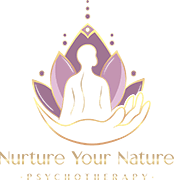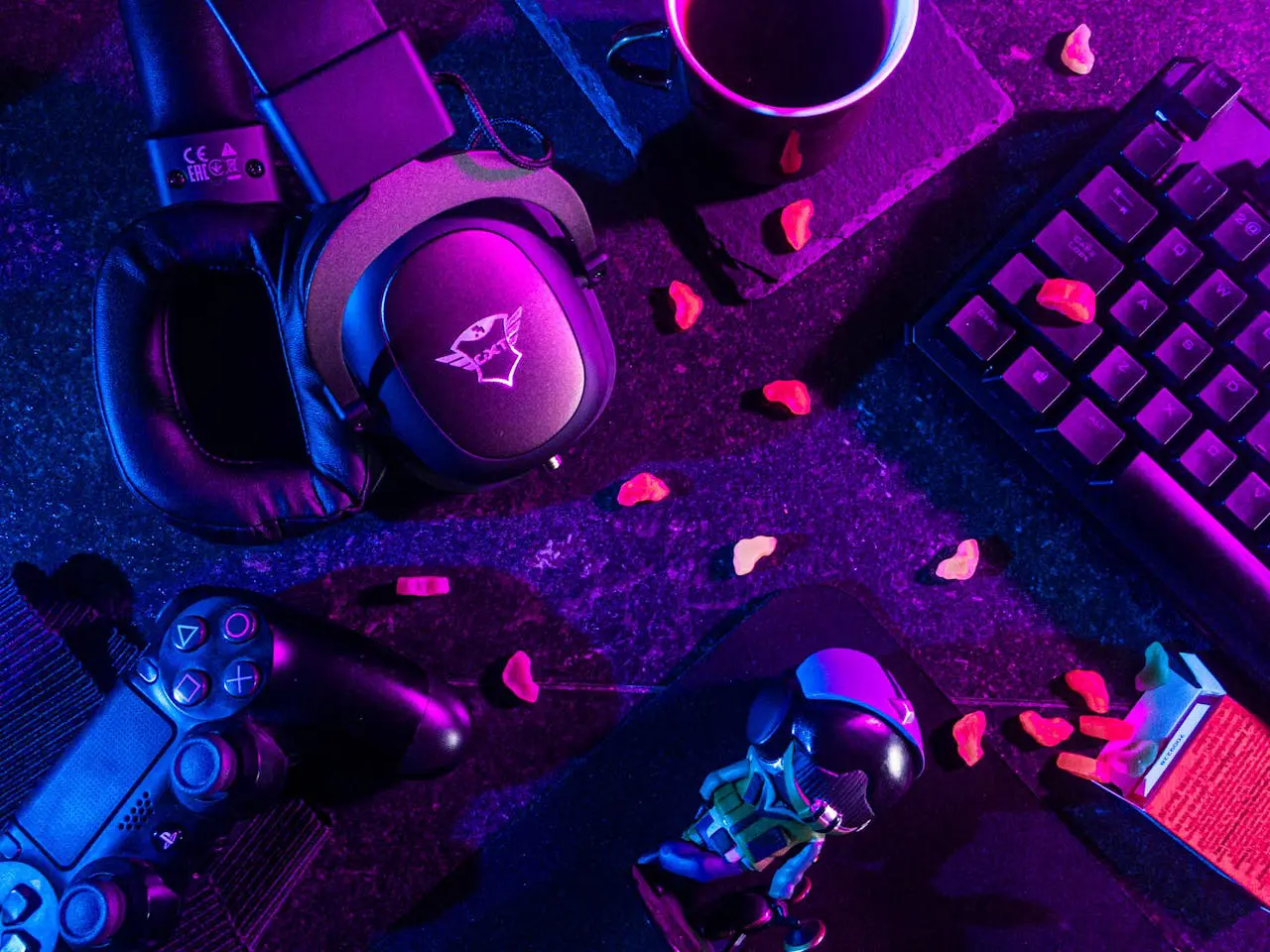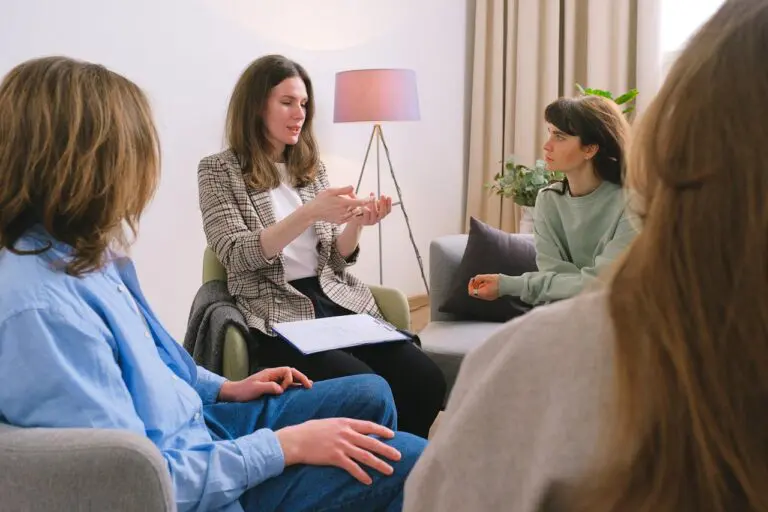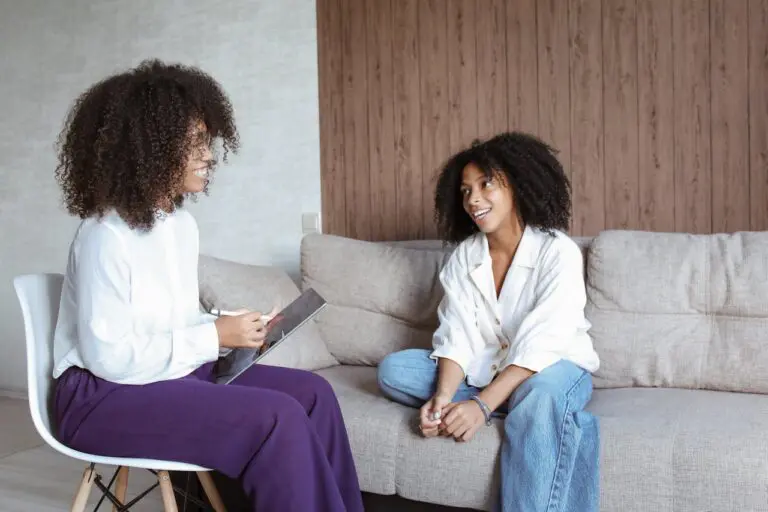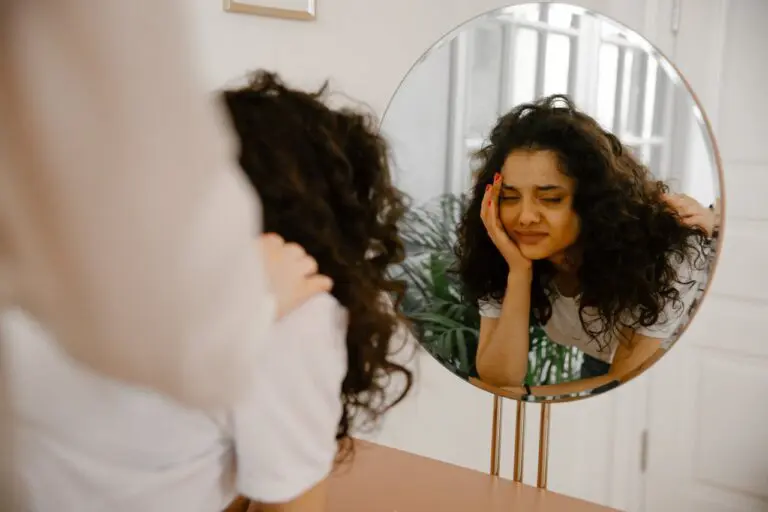Introduction: Pixels, People, and Psychological Well-Being
Once confined to arcades and living-room consoles, video games have grown into a $200-billion global industry and a cultural juggernaut. Gamers span every demographic—from Brooklyn grade-schoolers constructing blocky castles in Minecraft to retirees in Sunset Park logging into virtual card tables. As screens glow late into the night, an essential question hovers: What are these hours of gameplay doing to our minds?
At Nurture Your Nature Psychotherapy, we routinely meet clients who ask whether their digital adventures help or hinder their mental health. As a premier Brooklyn Therapy practice offering both in-person and Online Therapy Brooklyn residents trust, we believe the answer is nuanced. Gaming can promote connection, cognitive flexibility, and emotional regulation; it can also contribute to isolation, anxiety, and compulsive behavior. This article unpacks the complex relationship between gaming and mental health, reviews current research, and offers evidence-based guidance for gamers and their families.
A Brief History: From Pac-Man to Immersive Metaverses
Understanding gaming’s mental-health impact starts with its rapid evolution. The 1980s’ simple chase-and-escape mechanics of Pac-Man triggered excitement and reflex training, but little else. Fast-forward to today’s open-world RPGs, esports arenas, and VR headsets, and the psychological stakes have multiplied.
Modern titles blend narrative depth, social chat functions, customizable avatars, and always-on reward loops. A single match of Fortnite may entail strategy, teamwork, and real-time decision-making under pressure—paralleling stressors we face offline. When a gamer’s brain cannot distinguish between a virtual threat and a real one, cortisol still floods the bloodstream. Conversely, triumphant “win” screens spark dopamine bursts akin to receiving an academic A or job promotion.
For Brooklyn Psychotherapy practitioners, these biological reactions are neither trivial nor purely recreational; they can reshape neural pathways in much the same way as other repeated behaviors—positive or negative.
The Positive Side: Leveling Up Mental Wellness
-
Stress Relief and Mood Elevation
-
Flow states: Games that strike the right difficulty balance immerse players in flow, a psychological sweet spot linked to reduced rumination and increased well-being.
-
Humor and escapism: Light-hearted titles (think party games or whimsical platformers) provide safe distraction from daily worries.
-
-
Social Connection
-
Co-operative play: Multiplayer modes encourage teamwork, mirrored social cues, and shared problem-solving. For socially anxious clients, online interaction can offer a low-stakes environment to practice communication skills.
-
Communities and belonging: Guilds, Discord servers, and esports teams give gamers tribal identity—a protective factor against loneliness.
-
-
Cognitive Benefits
-
Executive functioning: Fast-paced games demand working memory, shifting attention, and anticipatory planning.
-
Spatial reasoning and multitasking: Navigating 3-D environments or real-time strategy interfaces exercises the brain in ways traditional study cannot.
-
-
Emotion Regulation
-
Controlled challenge: Facing in-game setbacks teaches persistence and emotional agility, provided the stakes remain manageable.
-
Biofeedback potential: VR platforms can integrate heart-rate monitors, letting therapists guide exposure therapy for phobias or PTSD.
-
The Dark Side: When Gaming Hurts
-
Gaming Disorder and Compulsive Use
The World Health Organization now classifies “Gaming Disorder” as a condition involving loss of control, prioritization of gaming over other activities, and continuation despite negative consequences. Symptoms parallel substance addictions—cravings, withdrawal irritability, and tolerance building (needing longer sessions to achieve the same satisfaction). -
Sleep Disruption
Blue-light exposure and late-night competitive arousal reduce melatonin production, fragment REM cycles, and exacerbate mood disorders. -
Mood and Anxiety Amplification
-
Toxic interactions: Voice-chat harassment and competitive ranking systems can heighten anxiety, depression, and anger.
-
Social comparison: Watching elite streamers may erode self-esteem when viewers measure themselves against impossible standards.
-
-
Sedentary Lifestyle & Physical Health
Extended sitting correlates with back pain, metabolic syndrome, and decreased cardiovascular fitness. Physical discomfort can, in turn, worsen mental-health outcomes.
Research Round-Up: What the Studies Say
-
Moderate play boosts well-being (Oxford Internet Institute, 2021): A study tracking Animal Crossing: New Horizons players found that those who played up to four hours daily reported higher life satisfaction than non-players.
-
Excessive play predicts depression (Journal of Adolescence, 2024): Teens gaming 5+ hours nightly showed increased depressive symptoms after two years.
-
Active VR reduces anxiety (Frontiers in Psychology, 2023): Participants engaging in VR rhythm games three times weekly experienced significant reductions in generalized anxiety.
At Nurture Your Nature Psychotherapy, we integrate such findings into tailored treatment plans, ensuring our Brooklyn Therapist team stays evidence-based yet flexible.
Therapeutic Applications: From Couch to Console
-
Game-Based Interventions
-
SPARX: A cognitive-behavioral fantasy game proven to reduce depressive symptoms in adolescents.
-
EndeavorRx: FDA-cleared to treat ADHD, using mission-oriented tasks to improve attention spans.
-
-
Virtual Reality Exposure Therapy
Therapists guide clients through phobia scenarios (elevators, public speaking) in VR, allowing graded exposure with real-time support. -
Gamified Skills Training
Apps like Habitica turn daily self-care tasks into RPG quests, helping clients with executive-function challenges stay motivated.
Balancing the Game: Practical Strategies
-
Set Intentional Time Limits
Use in-game timers or parental controls to cap sessions. Consider the Pomodoro technique for breaks. -
Create a Sleep-Friendly Environment
Power down consoles an hour before bed; use blue-light-blocking glasses; replace late rounds with calming music or reading. -
Integrate Movement
Choose active games (VR boxing, dance titles) or insert mini-workouts between matches. -
Foster Offline Connections
Schedule face-to-face meetups with gaming friends; join local hobby groups in Brooklyn; attend borough esports events in person. -
Mindful Play
Pause to notice bodily sensations during intense matches. Ask: Am I tense, hungry, or upset? Then decide whether to continue responsibly.
Role of Parents and Partners
-
Open Dialogue: Ask curious questions about favorite games rather than issuing blanket bans.
-
Shared Play: Joining a co-op quest can transform potential conflict into bonding.
-
Monitor Warning Signs: Falling grades, neglected hygiene, or secrecy around finances (loot-box spending) warrant professional consultation.
When to Seek Professional Help
Consider contacting a Brooklyn Therapist at Nurture Your Nature Psychotherapy if you or a loved one experiences:
-
Game sessions eclipsing school, work, or relationships
-
Withdrawal symptoms—irritability, restlessness—when unable to play
-
Feelings of guilt, shame, or hopelessness connected to gaming
-
Declining mental or physical health
With Online Therapy Brooklyn options, support is available from the comfort of your home, reducing barriers to timely care.
Why Choose Nurture Your Nature Psychotherapy?
-
Specialized Expertise: Our clinicians blend traditional psychotherapy with knowledge of gaming culture, ensuring gamers feel understood.
-
Flexible Modalities: In-office sessions near Atlantic Avenue or encrypted video calls after work hours.
-
Holistic Approach: We assess sleep hygiene, nutrition, social support, and digital habits—not just symptom checklists.
-
Community Roots: Proud to serve Borough Park, Fort Greene, and beyond as a trusted Brooklyn Psychotherapy provider.
Conclusion: Press Start on Mental Wellness
Gaming is neither angel nor demon; it is a tool. Like any powerful tool, its impact depends on how, why, and how much we use it. From sharpening cognitive skills to nurturing friendships across oceans, games can enrich lives. Yet unchecked, they may erode real-world fulfillment and mental health.
The next time your controller vibrates with the promise of adventure, pause for a moment of reflection: Am I playing to connect, to learn, to have fun? Or am I escaping, numbing, or avoiding? That single question can determine whether gaming propels you toward growth or drags you into imbalance.
If you’re unsure where your play habits fall on that spectrum, reach out to Nurture Your Nature Psychotherapy. Our compassionate Brooklyn Therapist team stands ready—online or in person—to help you level up your mental well-being.
Ready to take the first step? Reach out today and Schedule your Appointment Online Now or Call Us at (646) 470-4174 to get started Today!
